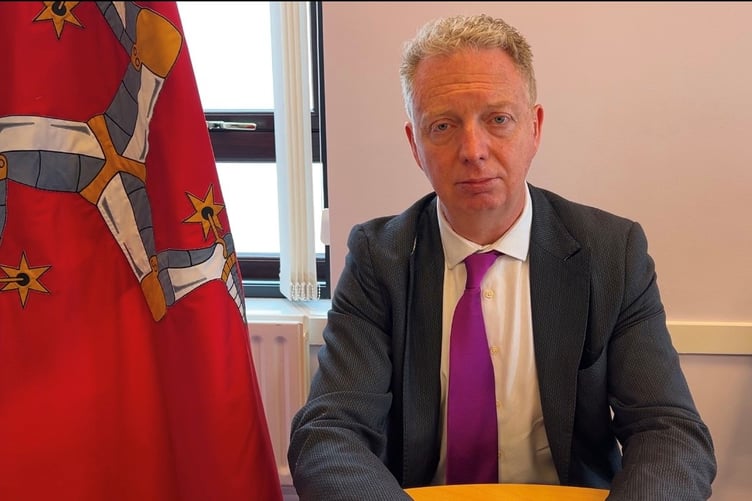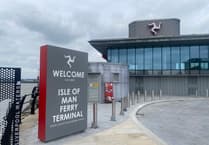Last month, Treasury has abandoned plans to introduce the levy which would have seen a 2% charge, separate from income tax, being imposed on all residents by 2027-28 to help fund consistently overspent health services.
A consultation launched in March this year attracted more than 3,800 responses and was published this week.
Launching the consultation, Dr Allinson said the NHS Levy aimed to create a ‘fair and equitable mechanism to contribute towards health funding without reliance on reserves’.
But in a statement issued last month, Treasury said that ‘high-level options’ for an NHS Levy had been assessed and will not be brought forward by this administration.
Many of the questions asked about the levy’s scope and who should pay it. These included whether those on lower incomes should be exempt, whether those of all ages should pay and whether there should be a maximum amount payable.
There was no direct question on whether the levy should be introduced but an open-ended question at the end gave an idea of the opposition to it.
The question asked ‘if you believe that the Levy as outlined is not the optimal approach to meet the cost of funding for health, please provide details of alternative suggestions’.
The report said: ‘Many respondents suggested reducing management and administrative layers within Manx Care and government departments, arguing for greater efficiency.
‘They called for a thorough audit, restructuring, and prioritisation of frontline staff over management.
‘Some even advocated for the disbandment of Manx Care and a return to previous healthcare governance models. There was a strong belief that significant savings could be achieved by optimising existing resources before considering new revenue streams.’
Other suggestions included raising income tax generally, increasing user charges for prescriptions, etc, or encouraging private health care.
Many also suggested limiting NHS care for new residents with mandatory private insurance required.
The report added: ‘Some respondents also used this opportunity to express their overall disagreement with the proposals for a levy.’
The report concludes that Treasury is already looking to make efficiency savings and intends to ‘accelerate digital delivery’ to make the service more cost-effective.
The report concludes by sating: ‘Treasury has considered all the responses received and having listened to the concerns raised will not be proceeding with the NHS Levy under this Council of Ministers.
‘The responses received will, however, help the next Administration in developing policy in respect of the future funding of the healthcare system and any projected shortfalls.’
Treasury had said a levy on all income would mean more of those who potentially benefit from the health service would contribute to the cost of it.
A 2p increase in the higher rate of income tax to 22% was introduced in last year’s Budget, with the aim being to ring-fence the estimated £20m of extra revenue it raised for the cash-strapped NHS. The higher rate was reduced by 1p in this year’s Budget.
Dr Allinson said at the time that the tax rise was always going to be a temporary measure pending the introduction of a new NHS Levy.



-(1).jpeg?width=209&height=140&crop=209:145,smart&quality=75)

Comments
This article has no comments yet. Be the first to leave a comment.